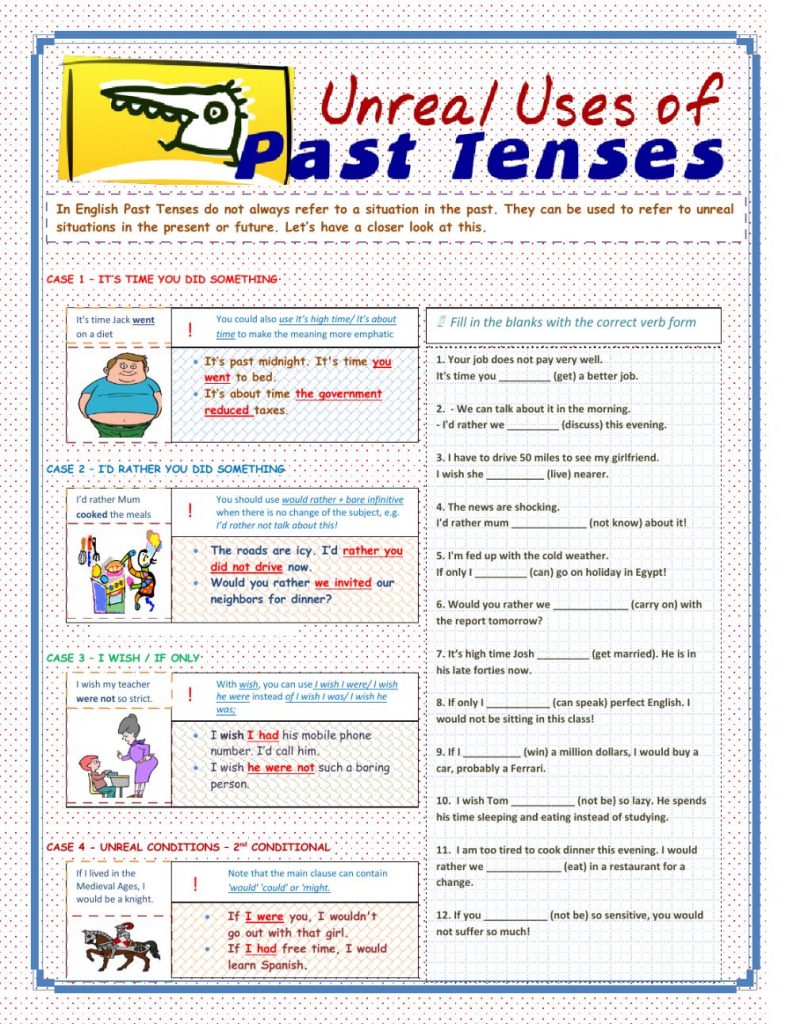
How to use the following phrases in advanced English. I wish, if only, I’d rather, don’t you think…
1.
It is common to use ‘wish’ with the past simple to talk about something that you want to happen in the present that is different from present circumstances.
You should use ‘wish’ with the past perfect to talk about something you wanted to be different in the past.
- Maria is so beautiful. I wish she would go out with me.
- The bill is so expensive. I wish I had paid it when it arrived.
Another possibility for talking about regrets is ‘if only’ which can also be used with the past simple and past perfect. Also, it can be used alone without an attendant clause ‘if only’. Please note that this phrase is a little more emphatic than ‘wish’.
- If only you thought more about your actions…we wouldn’t be in this mess.
You need to be aware of the following constructionin advaned English… if only + thing/person + would + infinitive …. And we use this to talk about stuff that annoys us.
- If only she would call me then I’d know how much food to make.
- If only my ex would stop calling me
3.
Completely randomly and for reasons that nobody understands, you can use ‘were’ instead of ‘was’ for the subjects ‘I, he, she, it) after ‘wish’ and ‘if only’
- If only I were a better singer I would have been on ‘The Voice’.
The following construction can be used to indicate a preference…Would rather + subject + past tense
- I’d rather you didn’t talk about football. It bores me.
You can also choose to use Would rather + infinitive (without ‘to’) when the subject remains the same. However, if the subject changes and you say ‘I’d rather they didn’t talk about it’ you can see that the structure changes slightly.
- I’d rather pay in Euros if you don’t mind.
5.
We use the past simple in conjunction with the phrase ‘it’s (high) time that + subject’ to express the firm belief that something should be done that wasn’t done at the correct time.
- It’s high time that John started paying some of the bills around here.
And don’t forget that in advanced English you can also use ‘it’s time to + infinitive’ to indicate that the time has arrived to do something but without stating a subject.
- It’s time to move forward with your proposal.

Comments are closed.